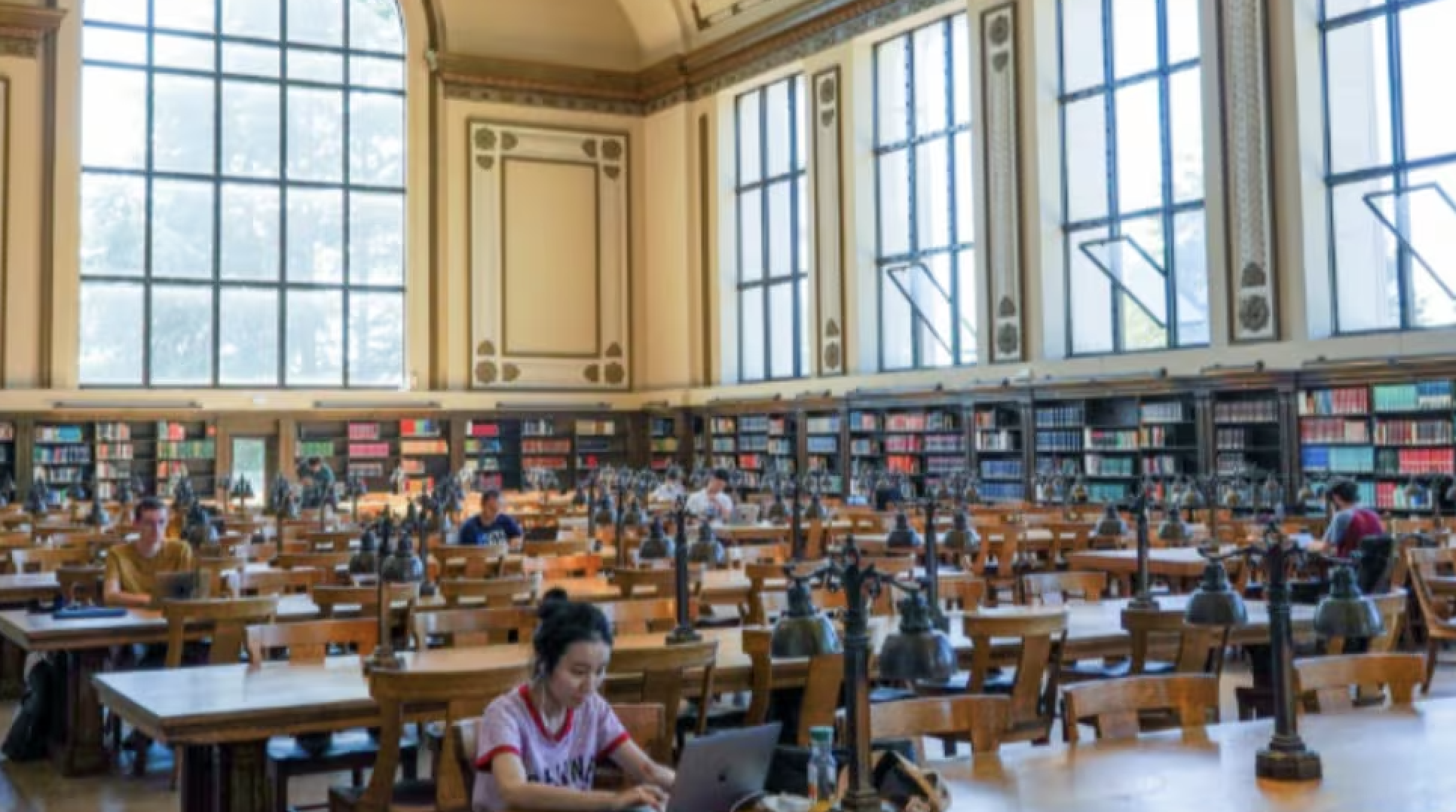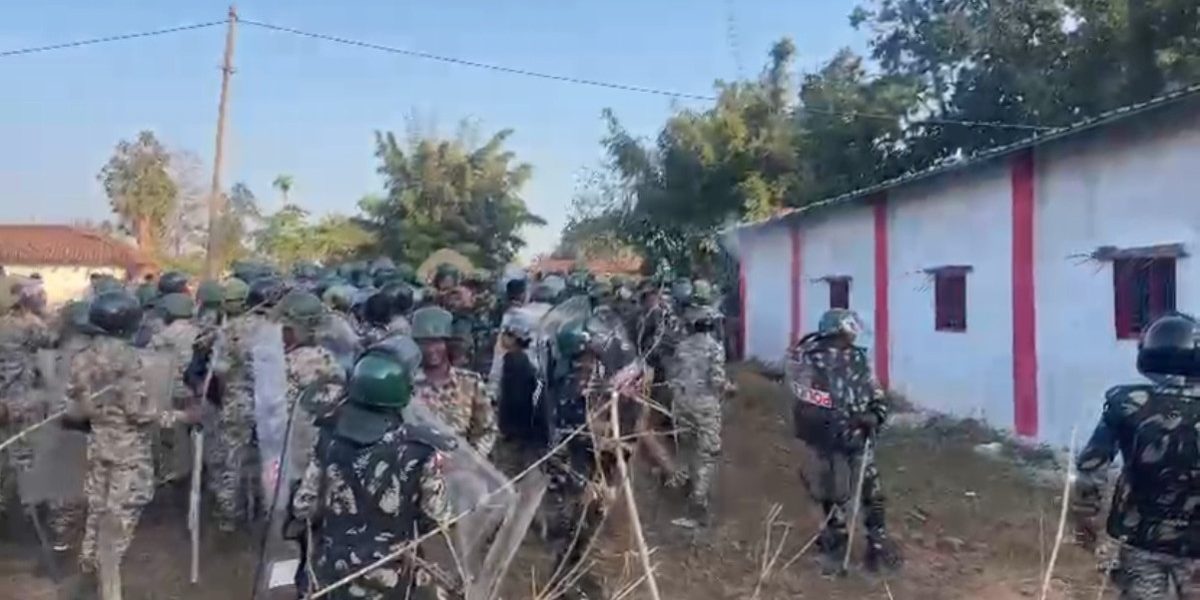
New Delhi: After severe injuries were caused to Shia mourners participating in a Muharram procession in Srinagar, international NGO Human Rights Watch (HRW) on Friday asked Indian police and paramilitary forces to stop using pellet-firing guns in Kashmir as they cause ‘grievous injuries’.
On August 29, pellet guns were fired on people in Khomeini Chowk because they were part of a Muharram procession that violated COVID-19 guidelines. Reports suggest that at least 40 people were injured in the firing, including minors.
“Time and again, Indian law enforcement’s use of shotguns in Kashmir has resulted in shocking, grievous injuries of protesters and bystanders,” said Meenakshi Ganguly, South Asia director at HRW. “Indian authorities need to recognise that this weapon fired into crowds, even with violent demonstrators, will invariably cause indiscriminate and excessive injury in violation of international standards.”
“Indian leaders who claim that their policies are improving the lives of Kashmiris cannot disregard that security forces are maiming, blinding, and killing people,” Ganguly said. “The Indian government should cease the use of shotguns firing metal pellets and review its crowd control techniques to meet international standards.”
In a statement, the organisation said that pellets have caused thousands of injuries, including loss of eyesight, since the shotguns were first deployed them as an “ostensibly ‘non-lethal’ option” for crowd control, in 2010.
Expressed its concern, HRW said that though the small metal pellets, sometimes referred to as “birdshot” or “dove shot”, are concentrated in a tight pattern as they are fired, “the pellets spread out to create a constellation that can reach a wide radius, causing injuries indiscriminately, including to bystanders”.
HRW said while no accurate data on casualties from shotgun-fired pellets is available, at least 17 people were killed due to the use of pellet guns between 2015 and 2017. “According to the data journalism website IndiaSpend, pellets fired from shotguns blinded 139 people between July 2016 and February 2019. In January 2018, Jammu and Kashmir chief minister Mehbooba Mufti told the state assembly that 6,221 people had been injured by pellets between July 2016 and February 2017 and among them, 782 people had eye injuries,” the statement adds.
‘Usage prohibited by UN’
The use of pellet guns has come under criticism internationally, with the Office of the United Nations High Commissioner for Human Rights (OHCHR) already describing the method as “one of the most dangerous weapons used in Kashmir”. It called for an immediate end to their use for crowd control.
In its statement, HRW pointed out that the UN Basic Principles on the Use of Force and Firearms “prohibit the use of those firearms and ammunition that cause unwarranted injury or present an unwarranted risk.”
The UN Human Rights Committee, which monitors compliance with the International Covenant on Civil and Political Rights, also states in its General Comment No. 37 that “Firearms are not an appropriate tool for the policing of assemblies, and must never be used simply to disperse an assembly.… [A]ny use of firearms by law enforcement officials in the context of assemblies must be limited to targeted individuals in circumstances in which it is strictly necessary to confront an imminent threat of death or serious injury.”
The 2020 UN guidance on “less-lethal weapons” in law enforcement also discourages the use of pellets, the statement noted. The guidance says, “Multiple projectiles fired at the same time are inaccurate and, in general, their use cannot comply with the principles of necessity and proportionality. Metal pellets, such as those fired from shotguns, should never be used.”
Writing for The Wire in March 2017, public health researcher Sarojini Nadimpally noted that the use of pellet guns in Kashmir is also creating a public health crisis. She wrote:
“[T]he indiscriminate use of force, and in particular pellet guns by the state to control crowds, is not only a gross violation of human rights, but also a serious violation of the right to health. People in Kashmir have been subjected to the fatal consequences and permanent disabilities as a result of the use of pellet guns.”
This story first appeared in ‘The Wire” on September 4, 2020 here.





